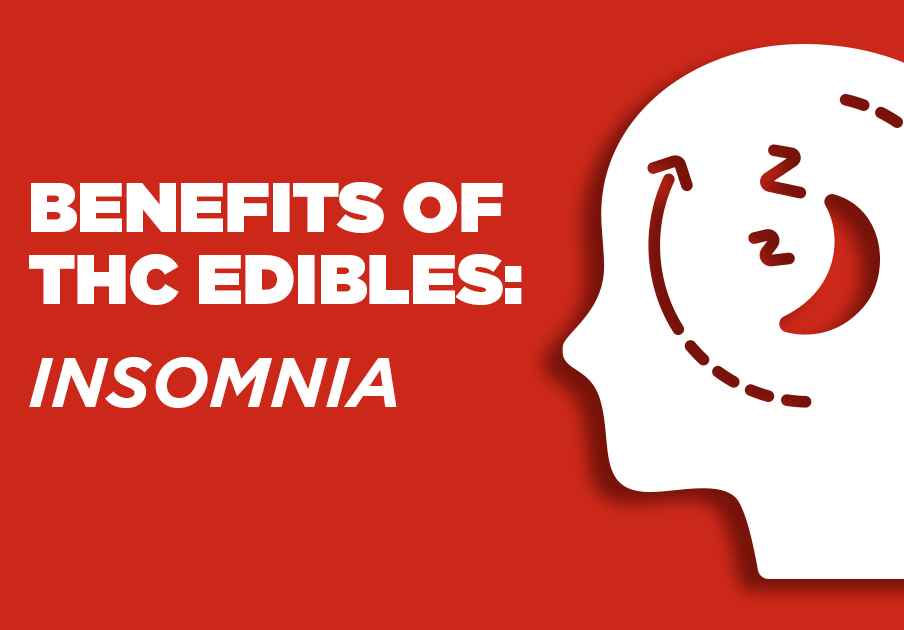
Cannabis and its compounds, including THC (tetrahydrocannabinol) and CBD (cannabidiol), have been used for their potential benefits in treating symptoms of insomnia.
THC has been shown to have sedative effects and can help improve sleep quality and duration for some patients. Additionally, CBD has been shown to have a calming effect and to help reduce anxiety, which can contribute to insomnia.
However, it is important to note that the effects of cannabis and its compounds on sleep can vary greatly from person to person and that more research is needed to fully understand their effects. Additionally, the use of THC can have significant side effects, including impaired cognitive function, increased anxiety, and increased heart rate, so it is important to talk to a doctor before using it as a treatment for insomnia or any other condition.
It is also important to consider that the legality and regulation of cannabis varies by state and country, and that some forms of cannabis may be illegal. Patients should discuss the potential benefits and risks of using cannabis for insomnia with a healthcare provider and comply with local laws.
The potential benefits of using cannabis and its compounds, including THC (tetrahydrocannabinol) and CBD (cannabidiol), for patients with insomnia include:
Improved sleep quality: THC has been shown to have sedative effects and can help improve sleep quality and duration for some patients.
Reduced anxiety: CBD has been shown to have a calming effect and to help reduce anxiety, which can contribute to insomnia.
It is important to note that these benefits are not guaranteed for all patients and that more research is needed to fully understand the effects of cannabis and its compounds on insomnia. Additionally, the use of THC can have significant side effects, so it is important to talk to a doctor before using it as a treatment for insomnia or any other condition.

